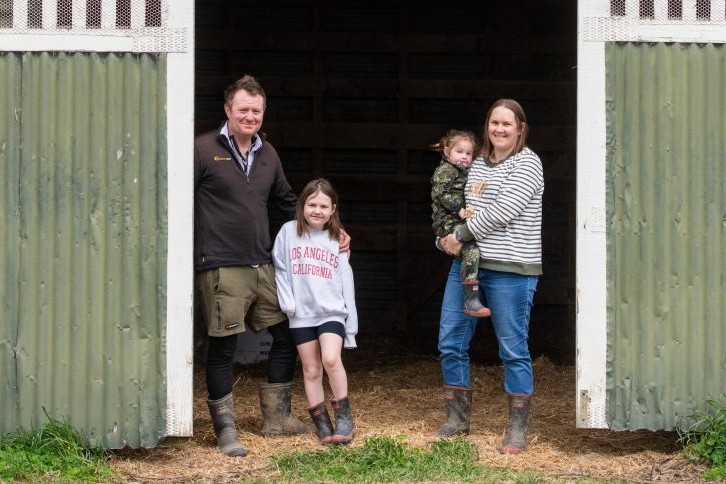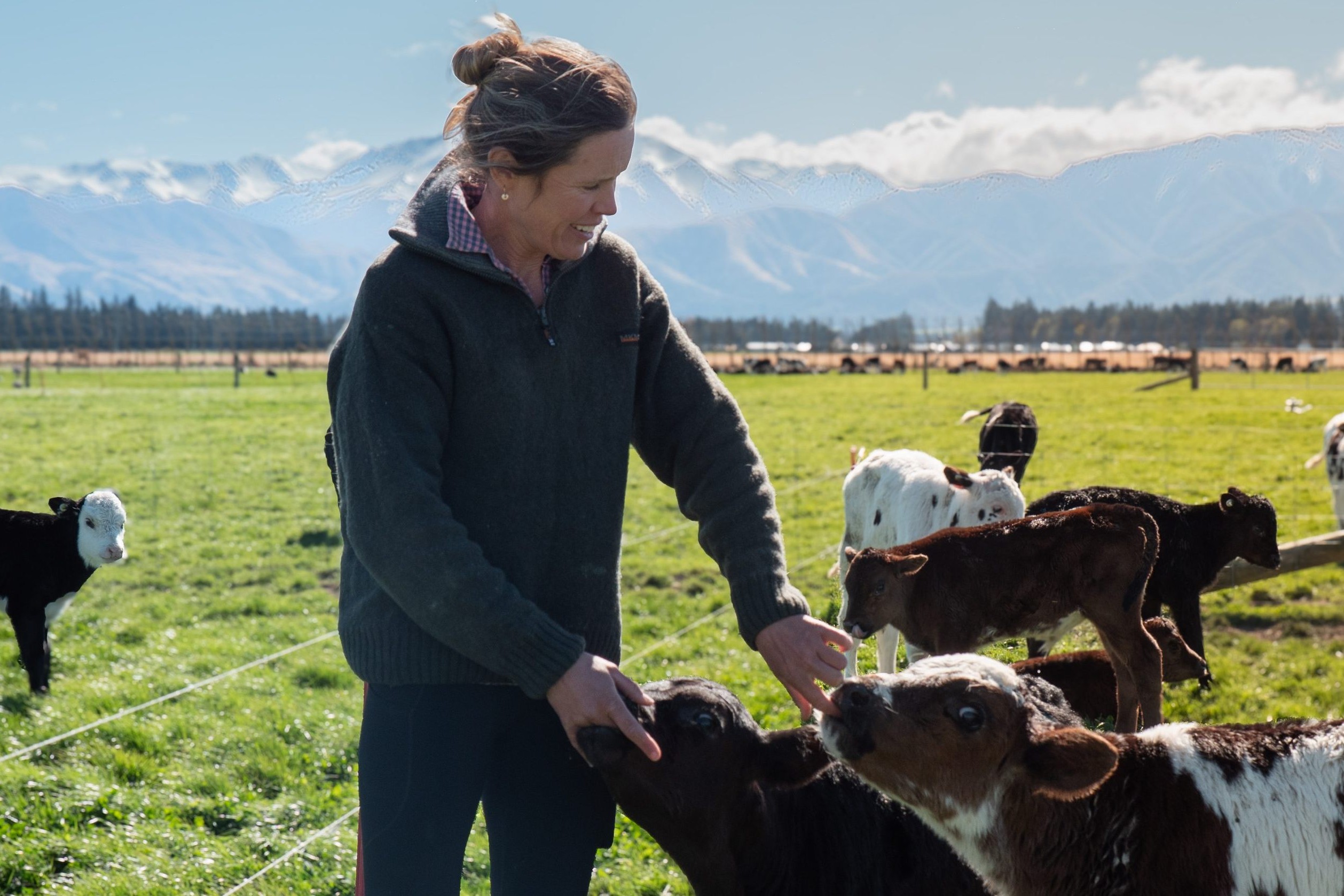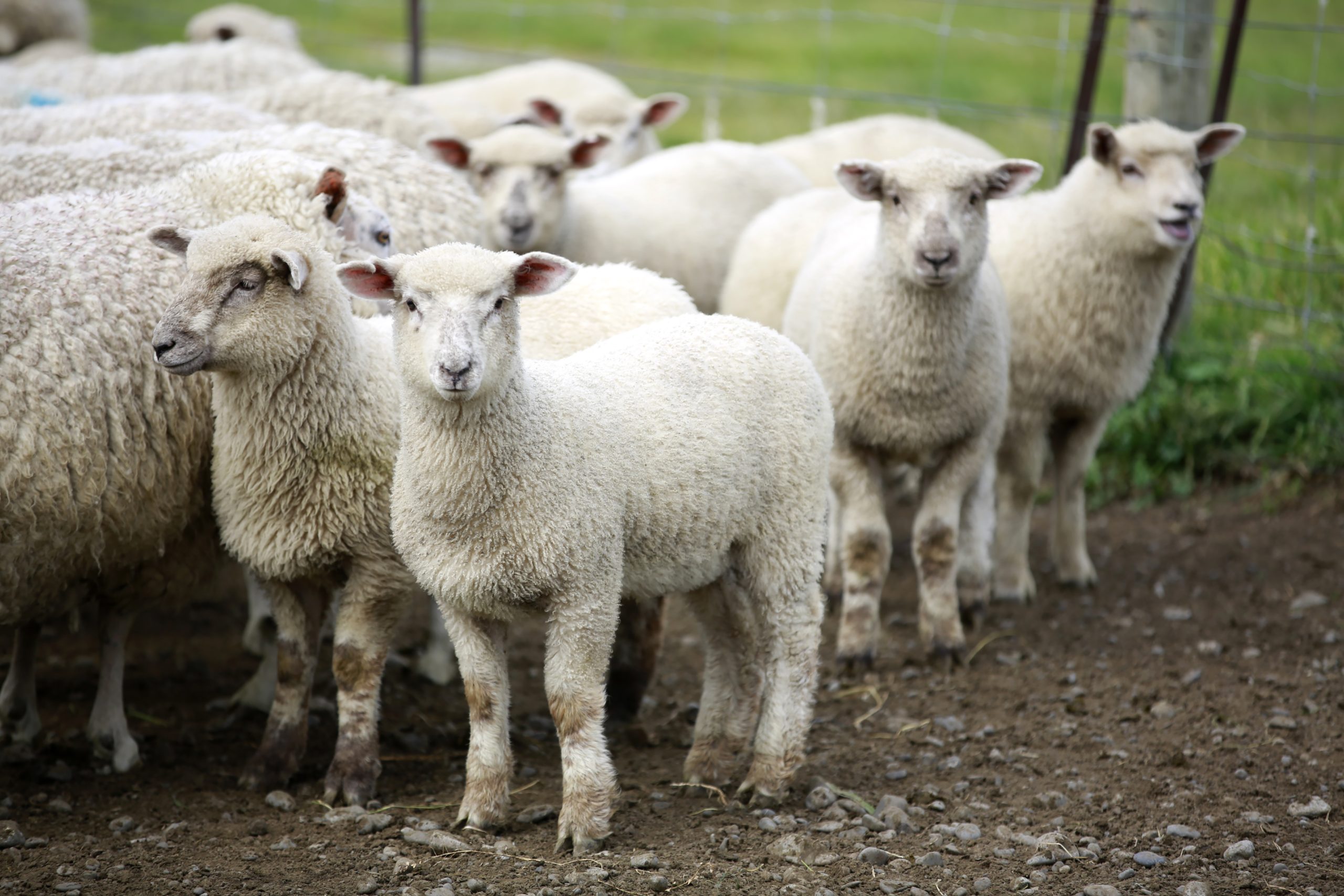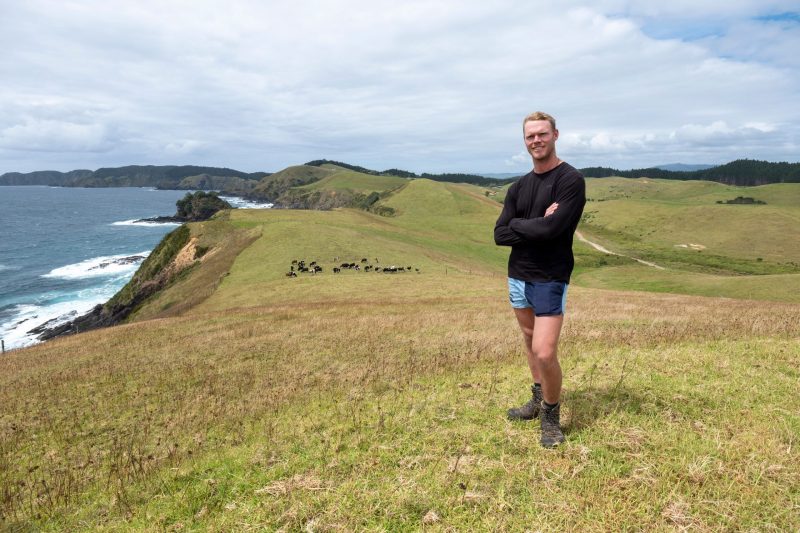A recent visit to the United Kingdom and France has Trevor Cook ready to develop his discoveries.
After one of my early trips to the United Kingdom I wrote that I did not learn anything and it was all one-way information transfer. I have been reminded of that reported sentiment many times since. I certainly could not write such a reflection now.
After completing another stint of immersing myself in French and UK farming, I have a list of topics I have returned with to apply or expand on.
The discovery of an epigenetic outcome from cobalt supplementation of ewes at mating resulting in higher lamb survival was something I intend to take further. Initially I dismissed the story because it was coming from the company that made the cobalt supplement, and I have always had a deep held scepticism of animal health company trials. But when I was pointed in the direction of the research organisation that had done the trials who confirmed the outcome my scepticism faded. The published papers are on their way to me to further critique.
A lesson that has been reinforced every time that I go over there is being careful from whom and where farmers get their advice.
In the UK supplementary feed companies rule the roost with advising farmers on their stock mineral needs, their protein needs and even their animal health needs. Vets and farm consultants are far from being the main advisers.
I have written previously about the absence of any monitoring data on most farms, yet a “customised” mixture of supplements is administered, all prescribed by the feed company. Harm may be being done in over-dosing or under-dosing, but the cost of these inputs is high and likely to be unnecessary. Mind you we are not immune from important advice being given by unreliable sources. Stock agents seem to be the genetic advisers to many farmers and helicopter pilots seem to be able to morph into fertiliser experts with ease.
Feed analysis is something we do almost haphazardly although that is being unfair to those who do have it as part of an overall monitoring programme. On the standard sheep and beef farm very little routine forage testing is done.
On farms in the UK, where supplements play a crucial role in the overall feed allocation, nutritional analysis of silage and hay supplements is a standard procedure. Those feeds are then allocated according to that nutritional status.
The standard NZ equivalent is to treat all hay or silage as being the same and the varied status that will be present is just reflected in varied outcomes. Some monitoring we did many years ago showed huge variation in nutritional value of balage between batches, but even within some batches. Any discretionary allocation is usually based on the quality of the pasture that went in, which is probably better than random allocation. In sheep and beef farming we are not precise enough in how much feed we allocate, relative to demand, and the quality of that feed. The norm is to feed what we have.
Condition score drafting of lambs to kill is still a valued tool in some if not many farms in Scotland. It was common practice here but the big lamb finishers that I see draft almost purely on weight. The way most of our lambs are selected for killing has nothing to do with quality.
Advocates of condition score drafting I spoke to in Scotland were adamant their market was sensitive to quality and this selection helped them meet market expectation. Most meat industry reviewers have always said our scant respect for quality across the industry is a lost opportunity. Of course those Scottish farmers were probably supplying niche markets.
We need to be aware of the place of farming in the wider community in the UK. Much more public access to farmland over there does mean closer public scrutiny, but the irrational anthropomorphism seen there has its roots here.
A justification for lambing indoors is the perceived animal welfare costs of outdoor lambing. This despite the multiple ailments in lambs as a consequence of being born indoors being very plain to see once they are released. One farmer reported that at least 10 people a day contacted him about lambing ewes needing help or lambs needing a mother once he moved to outdoor lambing.
New Zealand farmers are coming under more and more scrutiny and it is important that farmers do not give fuel to an ill-informed public fire.
An ill-informed UK government is driving a tree-planting programme that is threatening farming. Why is this government and our own being blind to a bigger picture that paints a far more sustainable future than one driven by a philosophical obsession?




